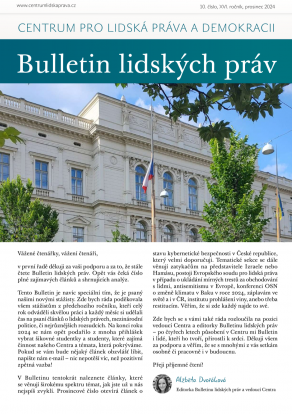At the end of July, a Summer School of Criminal Law, organised by Babes-Bolyai University Law Faculty students, took place in Cluj-Napoca, Romania, which I also attended. The school hosted students from many European countries, including Germany, Lithuania, and Italy. Although the academic program was intense, the organizers also prepared a rich social program for the participants, allowing us to get to know Romania.
Academic Program
The summer school lasted one week, with the first and last days being the arrival and departure days. However, for the remaining five days, we had an academic program every day from nine to four, covering various topics in the field of criminal law, focusing primarily on the international aspect. Many lecturers were tutors from the university, others being successful attorneys.
The first lecture was supposed to be on the topic of European Arrest Warrants. However, in the first few minutes the lecturer informed us that the European Arrest Warrant is not used in Romania since the conditions in Romanian prisons are so bad other EU countries do not want to send prisoners there. Instead, the lecturer spoke about the state of Romanian prisons, which was very interesting. as none of us imagined the conditions would be that bad.
Two other fascinating lectures were held on the topics of money laundering and terrorism financing as well as cybersecurity and cybercrime. Both topics are very complex and often challenging to understand; however, both lecturers were able to explain them very quickly. Another lecture on drug trafficking was hosted by a successful Romanian attorney, who often represents people who committed drug offenses. He mainly talked about the drug situation in Romania and how the government tried to solve it, but in reality made it even worse. Furthermore, he talked about the use of restorative justice in Romania and how the last Romanian government pushed this trend away regarding drug offenses.
The last lecture of the summer school was a Q&A with an attorney who represents Andrew Tate, a famous influencer that was accused of sexual misconduct, including human trafficking and rape. The lecturer tried to give us his perspective on the case and on the personality of Andrew Tate, however he did not persuade us of his innocence.
Social Program
This summer school was not only about the academic program, but the organizers had also planned a rich social program for all the participants. The first night we went to a student bar where we had a pizza, and the organisers had an official welcome party prepared for us.
Another day we went to explore the city of Cluj-Napoca, where the organizers gave us a tour of the city and showed us its must-see spots, such as the High Court, St. Michael Church, the Mattias Rex monument, and the national theatre. We also experienced the rich nightlife through visiting several unique bars. One night, we were divided into three groups and played a mystery game, where we were given a few clues, and then we had to find a killer. Unfortunately, my team lost. We also had the chance to taste traditional Romanian food.
The organisers also arranged a visit to Gherla, a Romanian prison a few minutes from Cluj-Napoca. This was exciting asI had never been in a prison before. The first thing that shocked me was how the prisoners did not have uniforms.Furthermore, the prison was clearly overcrowded, which the prison guards later confirmed. We also visited a facility for mentally ill women, which was funded through Norwegian funds.
In Summary
Altogether, this summer school was a great experience where I met new people from all over Europe and also got to know Cluj-Napoca and Romanian culture, especially the food and drinks! I also learned many new things from the lectures, particularly about how different institutions work in Romania. So, if you are thinking about going to this summer school as well, let me tell you, definitely go!

